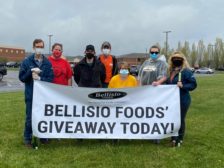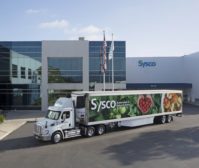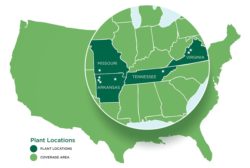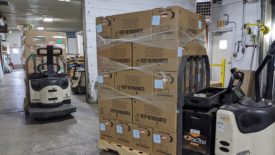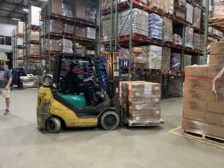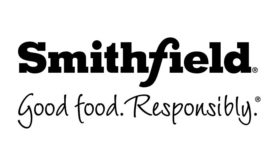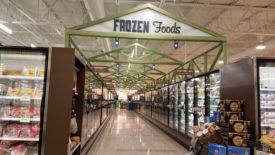Home » COVID-19
Articles Tagged with ''COVID-19''
Diversifying production, inventory and distribution toward other cold foods channels will be crucial in a post-COVID-19 world.
Read More
Get our new eMagazine delivered to your inbox every month.
Stay in the know on the latest food and beverage manufacturing markets.
SUBSCRIBE TODAYCopyright ©2024. All Rights Reserved BNP Media.
Design, CMS, Hosting & Web Development :: ePublishing


